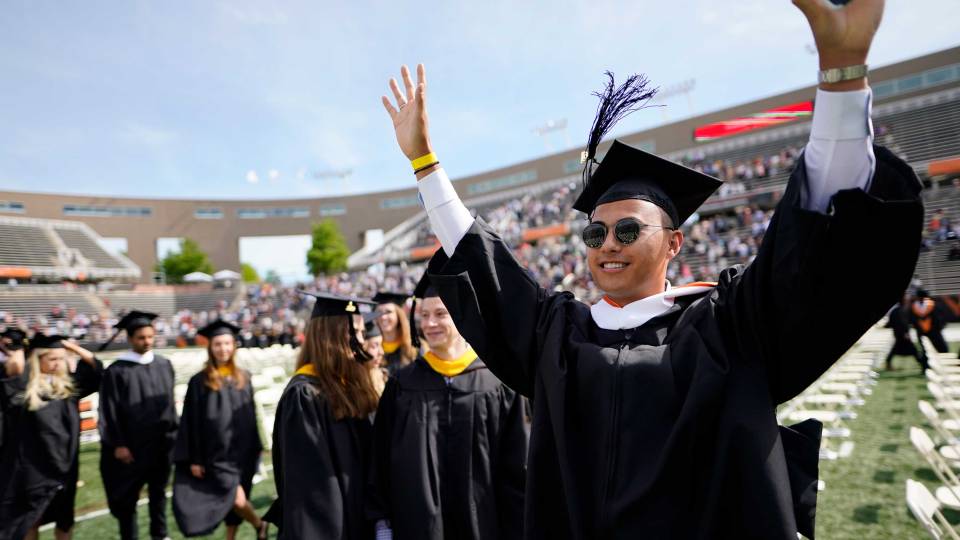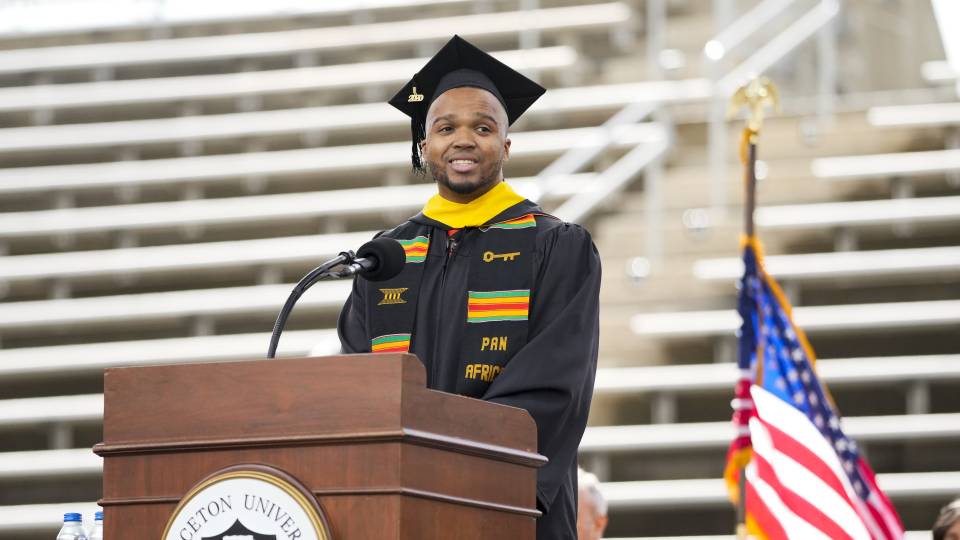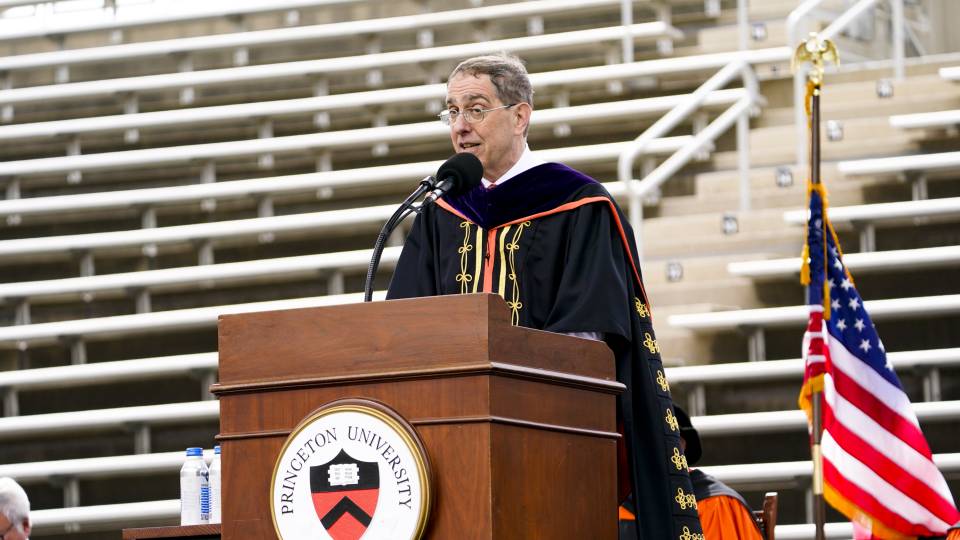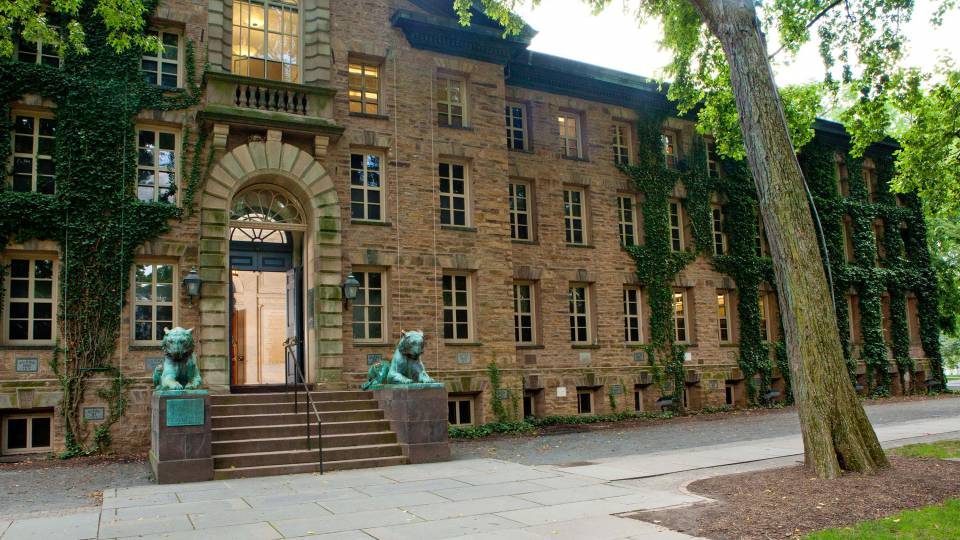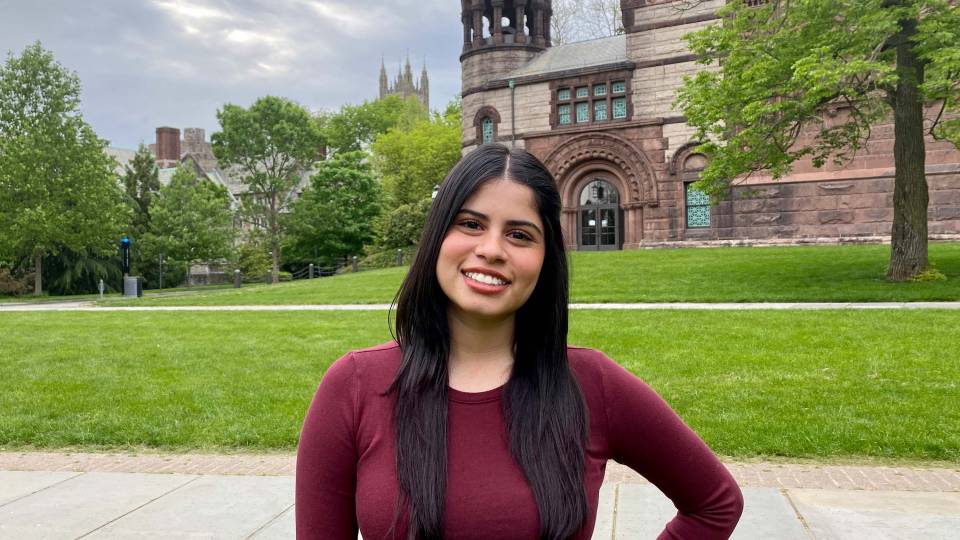The Princeton University chapter of Phi Beta Kappa is giving its annual awards for excellence in undergraduate teaching to Melissa Haynes, lecturer in classics, and Wyatt Lloyd, assistant professor of computer science.
The Phi Beta Kappa inductees from the Class of 2020 selected the awardees for their practices of good teaching, with special recognition of individuals who supported students beyond the classroom and who showed adaptability and flexibility in the transition to distance learning this spring in light of the COVID-19 pandemic.

Melissa Haynes
Melissa Haynes
Melissa Haynes teaches Latin and Greek at all levels, and has helped many students make great leaps in learning the languages. For example, she teaches “Turbo Greek,” which covers two semesters of Greek in 12 weeks, “basically taking you from zero to Plato,” said senior Kirsten Traudt.
Traudt added: “Introductory language classes can be intimidating and frustrating places; learning a language is a process that requires you to be vulnerable and feel safe as you inevitably make mistakes, and the rewards of your studies often don’t come until you’ve reached a fairly advanced level. In light of all this, I am so thankful for the warm, welcoming class environment that Professor Haynes cultivates; she has an outstanding ability to correct students without making them feel small or ashamed (and for making sure everyone contributes to a class discussion), and always seeks opportunities to bring in exciting ancient texts suitable for beginners, like ancient curse tablets.”
Haynes, who returned to Princeton in 2017 after previously teaching at the University from 2013-15, also teaches courses on a variety of aspects of Roman civilization and culture, including exploring questions related to material culture and gender and sexuality.
Traudt noted that Haynes “also brings the same level of energy, care and enthusiasm to her upper-level courses,” in which Traudt said she has had “some of the most engaging class discussions” of her undergraduate career. “She approaches texts with humor and a critical perspective that provides useful feedback while allowing student contributions to shine, all while being willing to modify the class and adjust the syllabus to suit students’ needs,” Traudt said.
Haynes’ “clear, engaging teaching, ever-supportive attitude towards her students, and dedication to excellent pedagogy, has made her classes such special and welcoming spaces,” Traudt said. “She has taught me not only how to conjugate a participle, but how to be an excellent teacher who prioritizes inclusion and leads with empathy.”
Haynes received her Ph.D. from Harvard University and has two bachelor’s degrees from the University of Washington.
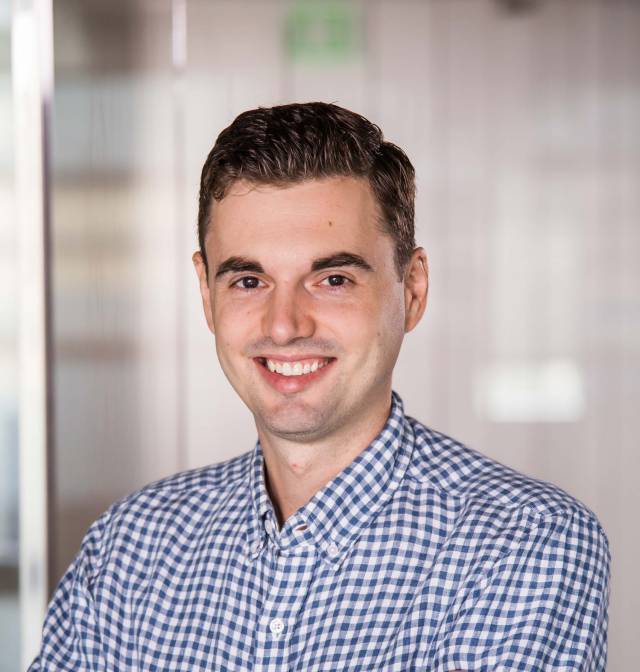
Wyatt Lloyd
Wyatt Lloyd
Wyatt Lloyd studies the theory, design, implementation, evaluation and deployment of large-scale distributed systems. He received his Ph.D. from Princeton in 2013 and joined the faculty in 2017. He has a bachelor’s degree from Pennsylvania State University.
Senior Audrey Cheng met Lloyd when she took his class on distributed systems, COS 418. She said that “even in a 90-person room, he had a manner of engaging with students that allowed him to explain technical details with ease.” She noted that COS 418 “is an ambitious class” and that Lloyd “recognized the challenges of this course and provided an abundance of support.”
This meant making himself available after class, organizing a network of teaching assistants, and asking for detailed feedback on the course, Cheng said.
Lloyd also is “an incredible mentor,” said Cheng, who is “invested in both the short-term and long-term growth of his advisees.” She noted that Lloyd supports students in learning how to become researchers, and helped her “build a foundation upon which to do good work.”
“As his advisee, I have had the opportunity to work on a variety on interesting topics, and Professor Lloyd has equipped me with the skills to quickly delve into complex problems and make steady progress,” Cheng said.
“Most importantly, he cares about his students’ personal growth,” she added. “His kind encouragement has helped increase my confidence in my abilities as a researcher and has motivated me to passionately tackle research questions.”
